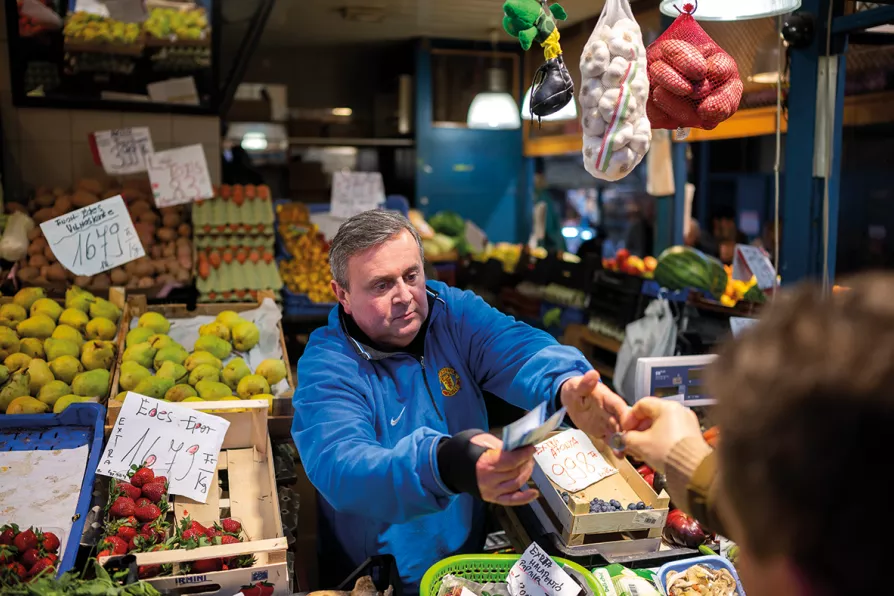By pressuring Mexico to halt oil shipments, Washington is escalating its blockade of Cuba into a direct bid for economic collapse and regime change, argues SEVIM DAGDELEN
The cost of food goes down — the price of food goes up
The small number of huge companies that control most of the food market are artificially increasing prices even though the spike in cost due to the war in Ukraine is now long over, explains ROGER McKENZIE


FOOD prices across the world are falling. But families everywhere are still struggling to put bread on the table.
The cost of food across the globe was already high before Russia invaded Ukraine in February of last year; there is no doubt that the worldwide trade in grain and fertiliser was disrupted by Russia’s invasion. The price of food was sent soaring to levels many people had not witnessed in their lifetimes.
But the fact is the price shock caused by the invasion ended many moons ago.
Similar stories

Labour’s fiscal policy is already in trouble. But simply printing money is not a solution, says the Marx Memorial Library and Workers School

CARLOS MARTINEZ condemns Europe’s failure to develop genuine autonomy from US hegemony, as leaders like Starmer and Macron cling to a declining imperial order rather than building good relations with the emerging powers












